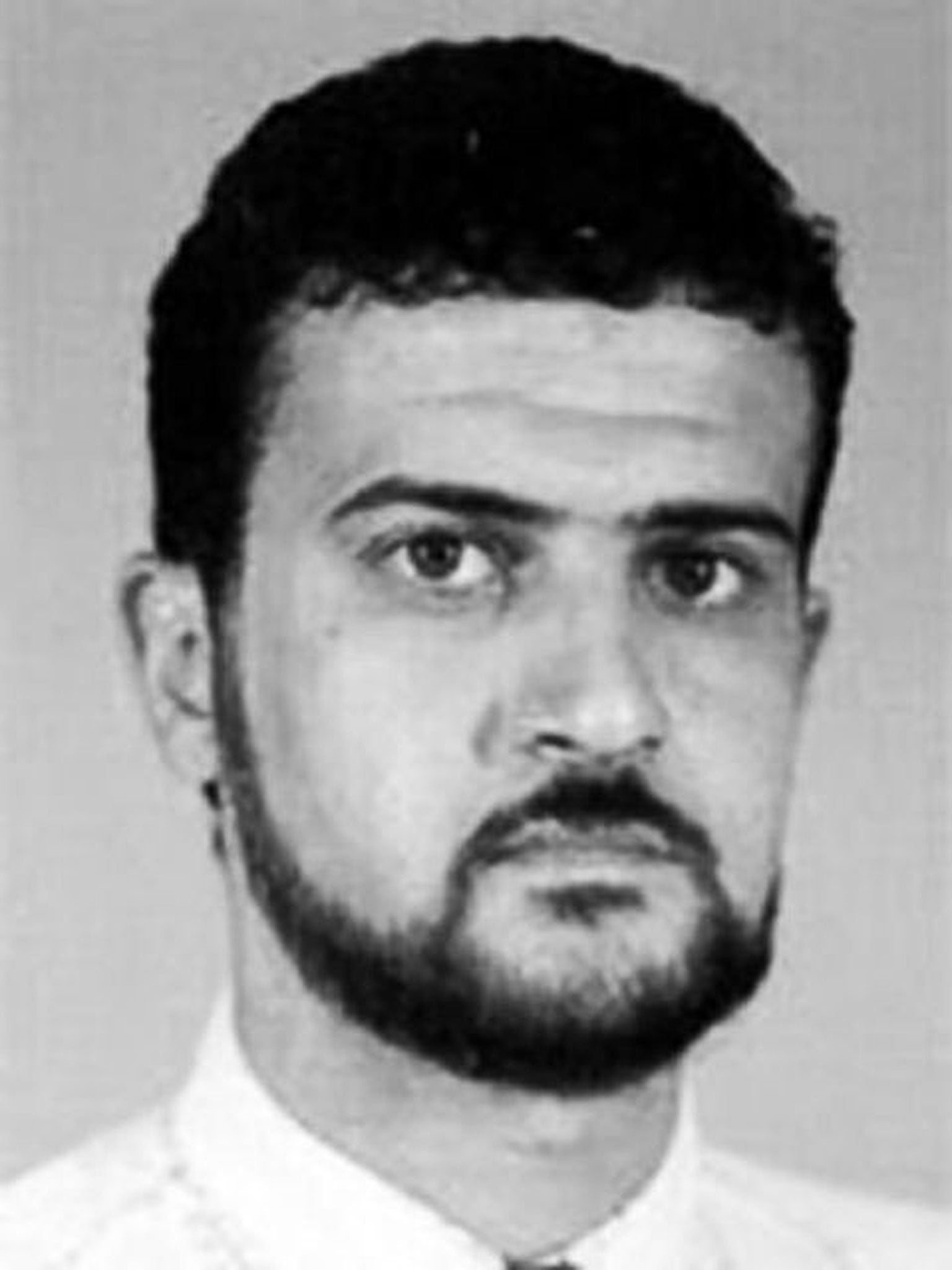Abu Anas al-Libi capture: Britain asked why America's most wanted al-Qa'ida terror suspect was given UK asylum
Theresa May faces questions from MPs

Your support helps us to tell the story
From reproductive rights to climate change to Big Tech, The Independent is on the ground when the story is developing. Whether it's investigating the financials of Elon Musk's pro-Trump PAC or producing our latest documentary, 'The A Word', which shines a light on the American women fighting for reproductive rights, we know how important it is to parse out the facts from the messaging.
At such a critical moment in US history, we need reporters on the ground. Your donation allows us to keep sending journalists to speak to both sides of the story.
The Independent is trusted by Americans across the entire political spectrum. And unlike many other quality news outlets, we choose not to lock Americans out of our reporting and analysis with paywalls. We believe quality journalism should be available to everyone, paid for by those who can afford it.
Your support makes all the difference.Theresa May faces questions from MPs over why Britain granted asylum to one of the world's most wanted al-Qa'ida terror suspects.
Keith Vaz, chairman of the Home Affairs Select Committee, said he would be raising concerns with the Home Secretary over why Abu Anas al-Libi was given asylum ahead of his alleged involvement in the 1998 American embassy bombings in east Africa.
Al-Libi, who was captured by US special forces in Tripoli this weekend, reportedly arrived in Britain in the mid-1990s and lived in Manchester after being granted political asylum.
The 49-year-old, also known as Nazih Abdul-Hamed al-Ruqai, was arrested by the Metropolitan Police 1999 - the year after the embassy bombings left more than 220 people dead. He was later released and fled the UK.
Detectives are thought to have found an al-Qa'ida manual advising terrorists on how to carry out attacks al-Libi’s Manchester home, and he was subsequently placed on the FBI's Most Wanted list with a $5 million reward for information relating to his capture.
US prosecutors claim the computer expert aided the east Africa bombings by researching and photographing the US embassy in Nairobi in 1993.
His son, Abdullah al-Ruqai, told The Associated Press that his father was a long-time member of the Libyan Islamic Fighting Group, an Islamic militant group opposed to Muammar Gaddafi.
Many of the organisation's members were forced to flee Libya under Gaddafi's rule, and al-Libi is believed to have spent time in Sudan in the 1990s before moving to Britain.
Mr al-Ruqai added that his father's family subsequently spent time in Afghanistan and Iran before returning to Libya in 2010.
Keith Vaz, chairman of the Home Affairs Select Committee, said the case would be raised with the Home Secretary when she appears before MPs.
He added: “This case raises serious questions about the motives behind asylum and national security decisions in the UK... It is not the first time that someone, who has been brought to the attention of the authorities and released, has gone on to be linked to further terrorist activity.
Mr Vaz went on to say: “I will be raising these concerns with the Home Secretary when she appears before the committee on the 15th October.”
Subscribe to Independent Premium to bookmark this article
Want to bookmark your favourite articles and stories to read or reference later? Start your Independent Premium subscription today.
Join our commenting forum
Join thought-provoking conversations, follow other Independent readers and see their replies
Comments